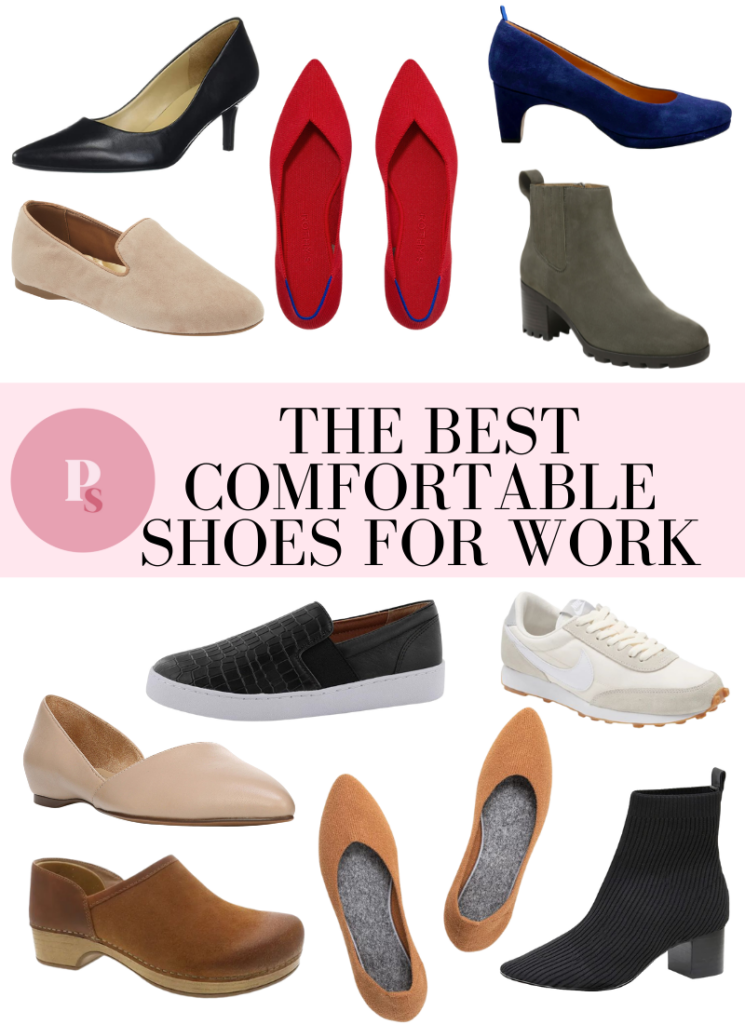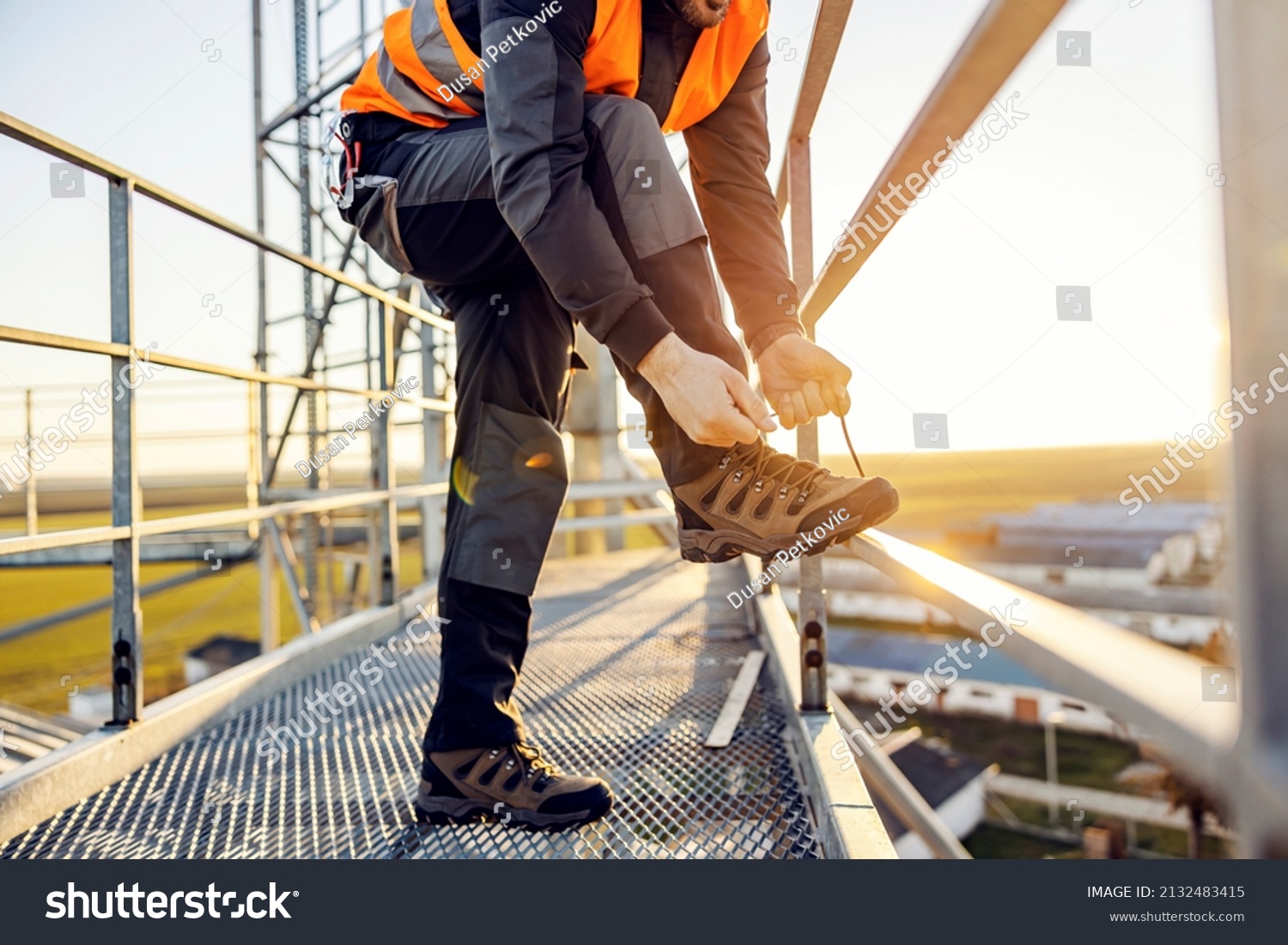Comfortable Work Shoes

When it comes to creating a productive and healthy work environment, one of the most overlooked yet crucial elements is the type of shoes you wear. Comfortable work shoes are not just a luxury, but a necessity for individuals who spend a significant amount of time on their feet. Whether you’re working in an office, a hospital, a restaurant, or any other environment that requires standing or walking for extended periods, the right shoes can make all the difference.
Understanding the Importance of Comfort
Comfortable work shoes are designed to provide the necessary support, cushioning, and flexibility to reduce foot fatigue, prevent injuries, and enhance overall comfort. They are made with materials and features that prioritize breathability, moisture management, and arch support, ensuring that your feet stay dry, cool, and well-supported throughout the day. Furthermore, comfortable shoes can improve your posture, reduce muscle strain, and even boost your mood and energy levels.
Key Features of Comfortable Work Shoes
Several key features distinguish comfortable work shoes from regular footwear. These include:
- Arch Support: Adequate arch support is crucial for maintaining the natural shape of the foot and preventing conditions like flat feet or plantar fasciitis.
- Cushioning: Good cushioning absorbs the impact of each step, reducing the stress on the feet and legs.
- Breathability: Breathable materials allow for airflow, helping to keep the feet cool and dry.
- Slip Resistance: For work environments that involve water, oil, or other slippery substances, slip-resistant soles are a must to prevent accidents.
- Adjustability: Features like laces or straps allow for a personalized fit, ensuring the shoe stays comfortable throughout the day.
Choosing the Right Comfortable Work Shoes
Selecting the right comfortable work shoes involves considering several factors, including your work environment, the tasks you perform, and your personal foot shape and preferences. For instance:
- For Office Workers: Shoes with good arch support and cushioning are essential. Leather or suede shoes are popular choices for their professionalism and comfort.
- For Healthcare Professionals: Antimicrobial and easy-to-clean materials are preferred to prevent the spread of infections.
- For Food Service Workers: Slip-resistant shoes with breathable materials are crucial for safety and comfort in fast-paced, often slippery environments.
Maintenance and Care
To extend the life of your comfortable work shoes and ensure they continue to provide the support and comfort you need, regular maintenance is necessary. This includes:
- Cleaning: Regularly clean your shoes according to the manufacturer’s instructions to prevent dirt buildup.
- Conditioning: For leather shoes, apply a leather conditioner to keep the material supple and resistant to cracking.
- Storage: Store your shoes in a cool, dry place, away from direct sunlight to prevent fading or warping.
Future Trends in Comfortable Work Shoes
The future of comfortable work shoes is trending towards even more innovative and personalized solutions. With advancements in technology, we can expect to see:
- Customizable Insoles: Using 3D printing and foot scanning technology to create insoles tailored to each individual’s foot shape and needs.
- Smart Materials: Development of materials that can adapt to different environments and conditions, such as self-cleaning surfaces or temperature-regulating linings.
- Sustainable Options: An increase in eco-friendly shoes made from recycled materials, biodegradable components, or produced with minimal waste processes.
Conclusion
Comfortable work shoes are an investment in your health, productivity, and overall well-being. By understanding the importance of comfort, identifying key features, choosing the right shoes for your needs, maintaining them properly, and looking forward to future innovations, you can ensure that your feet are happy and healthy, no matter the demands of your job.
FAQs
What makes a shoe truly comfortable for work?
+A truly comfortable work shoe provides excellent arch support, cushioning, breathability, and a comfortable fit. It should be made from materials that allow for airflow and can manage moisture, reducing sweat and discomfort.
How often should I replace my work shoes?
+The frequency of replacing work shoes depends on usage. For heavy use, shoes may need to be replaced every 6-12 months. For lighter use, they can last up to 2-3 years. Pay attention to signs of wear, such as sole thinning, loss of cushioning, or decreased support.
Can comfortable work shoes really improve my posture?
+Yes, comfortable work shoes can contribute to improved posture. Shoes with proper arch support and cushioning can reduce foot and leg strain, which in turn can help maintain a healthier spine alignment and better overall posture.



